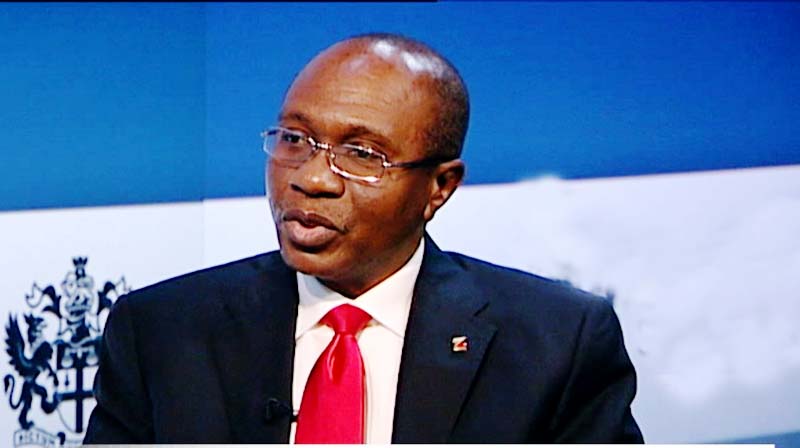In proferring solutions to Nigeria’s economic crisis, Godwin Emefiele, governor of the Central Bank of Nigeria (CBN), has advised the government to consider taxing every call above three minutes.
While delivering the keynote address at the Annual Bankers’ Dinner in Lagos on Friday, Emefiele asked the government to consider alternative revenue generating means.
“There are several ways we can raise additional revenue to finance the increased expenditure that is needed to engender fast and sustainable growth in the economy,” Emefiele said.
“I think we can consider introducing a negligible telecom surcharge to be entirely borne by the initiator of a call. In order to protect the poor and vulnerable amongst us, we could structure it to only take effect after the third minute of talk.
“Some analyses have indicated that the government could earn about N100 billion per annum from this alone. Obviously this surcharge will mainly be borne by middle and upper class people since I do not know many poor people who make calls for more than 3 minutes!”
He also said Nigeria could “consider introducing minimal property taxes across the country. This not only raises money for the government but also could be a veritable weapon against corruption since it creates a database of who really owns homes in this country”.
“Another option to consider would be to fully implement the 2003 Cabotage Act. This is Act stipulates that all cargoes and passengers in the inland and coastal waters be transported by ships and ferries built, owned, crewed and manned by Nigerians,” he said.
“Contrary to the requirement of this Act, there are several foreign-owned vessels providing shipping services locally. Out of about 600 ships that operate within our waters, only about 60 of them are owned by Nigerians and are mostly idle, in violation of the Act.
“Industry sources suggest Nigeria may be losing as much as N2 trillion annually from this anomaly. In addition to raising revenue, a full implementation of the Act could also spur job creation, capacity building, and significant backward integration.”
Speaking on how the CBN had been playing its part in getting the country back to growth, Emefiele said MSMEs and agriculture were major drivers of the economy, and the CBN had been investing in both areas to drive growth.
“To date, the bank has committed close to N23 billion in the Anchor Borrowers’ Programme with active participation across 14 states of the federation,” he said.
“In Kebbi state, over 78,000 smallholder farmers are now cultivating about 100,000 hectares of rice farms. It is expected that over one million metric tonnes of rice will be produced in that state alone this year.
“When considered against the backdrop that Nigeria consumes about 6.1 million tonnes annually and only produces 2.5 million metric tonnes, this will go a long way to make rice available on our tables.”
He hinted that Nigeria must prepare for a Donald Trump presidency, and other nationalists around the world, calling for the protection of Nigerian businesses from external shocks.

 Entertainment6 days ago
Entertainment6 days ago
 Health1 week ago
Health1 week ago
 Health5 days ago
Health5 days ago
 Crime5 days ago
Crime5 days ago
 Education7 days ago
Education7 days ago
 Health7 days ago
Health7 days ago
 Comments and Issues6 days ago
Comments and Issues6 days ago
 Football6 days ago
Football6 days ago

